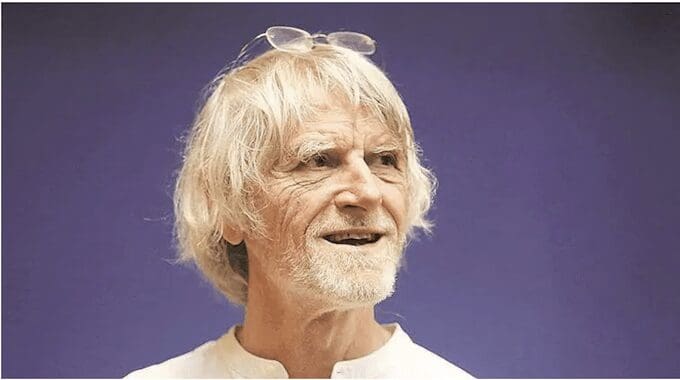Over the past few years, an increasing number of countries have witnessed a demand for basic income. India too has been evaluating the possibility of such a disbursal. The push for this idea comes from both the economic right and the economic left. Udit Misra catches up with Philippe van Parijs, professor at the Faculty of Economic, Social and Political Sciences of the University of Louvain and the author of Basic Income, to understand what is driving the demand for a basic income.
You have written a book titled Basic Income. This is an old idea that has gained a lot of popularity in the recent past. Why is that so? What are the origins of this idea?
Yes, like so many ideas, basic income too had many discoverers. It was Thomas Paine who first proposed something like a basic income — it was rather a basic endowment for every young person. Then there was a basic pension from age 50 onwards. But it was universal and unconditional. Then his idea essentially disappeared. The first real debate about it came from the Left — essentially in the Labour Party circles in England, but shortly after the First World War, it was discarded after the publication of the Beveridge report. Next, the discussion started in the US, often under the name of a negative income tax. Its most articulate advocates in the form of a real universal basic income were people on the Left of the Democratic Party – John Kenneth Galbraith and US presidential hopeful (in 1972) George McGovern.
The idea again emerged in Western Europe in the mid-1980s. And the current debate is a continuation of this last thread. From being supported by a small group of Nobel winners, today it is being discussed worldwide including by presidential candidates in different countries such as the US and France.
Are rising inequalities responsible for this idea becoming popular today?
Well, I think the reason for its popularity varies from place to place. In the US and Western Europe, it’s linked to the disappearing of jobs, thanks to the spread of globalisation and the use of technology. The standard recipe for unemployment is growth. But, of course, we have realised that there are some problems with growth – for instance, the environmental limits to growth. So there is a demand for an alternative. This is the key reason for its current popularity.
Some say focus on providing product subsidies. Others argue drop all subsidies and simply give cash directly. Where do you stand?
My position is intermediate. I’m certainly not arguing in favour of replacing the universal access to childcare, let alone universal access to education by a basic income. I’m not saying give cash instead of providing these services. I believe that the most plausible proposal is a moderate variant that has been put forward by people like my old friend, Pranab Bardhan. He says those subsidies that go to the middle class and the rich should be scrapped.
Does a basic income make people lazy and push up labour costs?
The first thing is to understand that compared to handouts targeted at the poor, basic income has an anti-laziness dimension. That’s because it is not something that will be taken away once you start an activity; the basic income would stay with you. True, some people may wait a little bit before taking a job but instead of being forced to work, this is preferable. Once you’ve admitted that poverty is not just about social justice but also a problem of efficiency. Having a large part of the population that is hungry or stressed by one thing or the other is not desirable. Fighting poverty is also an investment in the human capital of the country.
















